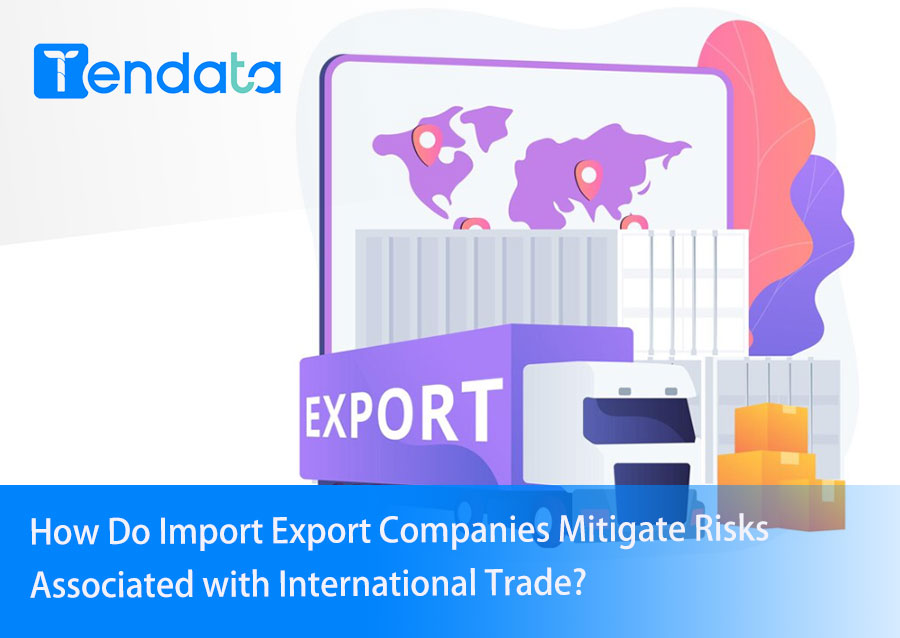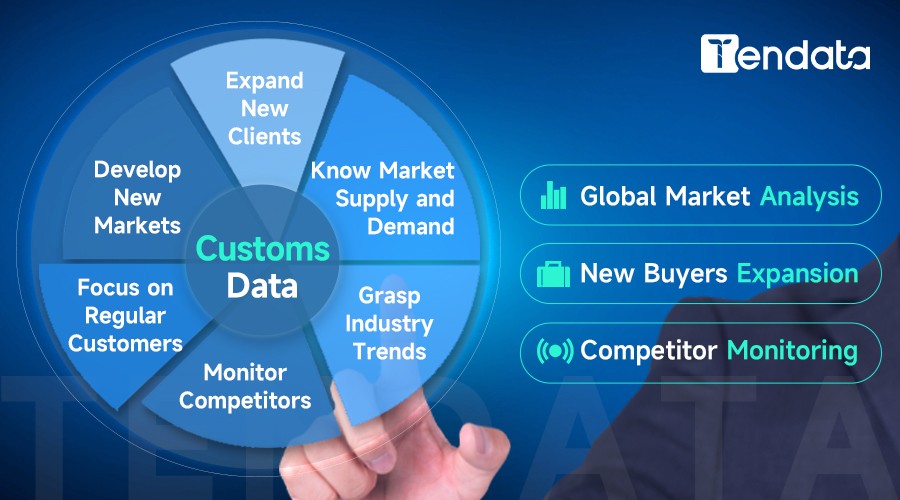 Export News
Export News
 07-12-2023
07-12-2023
Import-export companies are essential players in the global supply chain, responsible for the movement of goods and services between countries. To ensure the success and sustainability of their businesses, they must navigate a multitude of risks. Here are some strategies they employ:

Risk Assessment and Management
· Comprehensive Risk Assessment
Import-export companies begin by conducting a comprehensive risk assessment. They identify potential risks related to market volatility, currency exchange rates, political instability, legal and regulatory compliance, and supply chain disruptions.
· Risk Mitigation Strategies
Based on their assessment, these companies develop tailored risk mitigation strategies. These strategies involve both proactive measures to prevent risks and reactive measures to address them when they occur.
Spreading Risks Across Markets and Products
· Geographic Diversification
Import-export companies often diversify their market presence. Instead of relying heavily on a single market, they expand into multiple countries. This strategy helps spread risks and reduces dependence on any one market's performance.
· Product Diversification
Similarly, diversifying the range of products they trade can help companies mitigate risks. By offering a variety of products, they are less vulnerable to downturns in specific industries.
Financial Hedging: Currency Hedging
Currency fluctuations can significantly impact profitability. Import-export companies use financial instruments such as forward contracts and options to hedge against unfavorable currency movements.
Compliance and Legal Expertise
· Compliance Departments
Import-export companies establish compliance departments dedicated to understanding and adhering to international trade regulations. This helps them avoid legal pitfalls and penalties.
· Legal Expertise
Having legal experts or international trade lawyers on staff or as consultants ensures that companies are well-equipped to navigate complex legal issues.
Insurance
· Cargo Insurance
Cargo insurance protects against the loss or damage of goods during transit. Import-export companies often purchase comprehensive cargo insurance to safeguard their shipments.
· Political Risk Insurance
Political risk insurance provides coverage against political events that can disrupt trade, such as government expropriation, civil unrest, or trade embargoes.
Supply Chain Resilience
· Supplier Diversification
Companies reduce the risk of supply chain disruptions by diversifying their supplier base. Relying on a single supplier can be risky if that supplier faces issues.
· Inventory Management
Maintaining adequate inventory levels helps companies continue operations during supply chain disruptions, such as natural disasters or transportation bottlenecks.
Monitoring Market Trends
Import-export companies invest in market intelligence to monitor trends and anticipate changes. This helps them adapt quickly to new market conditions.
Conclusion
International trade offers tremendous opportunities for import-export companies, but it also presents various risks. Mitigating these risks is essential for long-term success. Import-export companies employ strategies such as comprehensive risk assessment, diversification, financial hedging, compliance and legal expertise, insurance, supply chain resilience, and market intelligence to navigate the challenges of international trade successfully. By employing these strategies, they can thrive in the ever-evolving global marketplace.
>>>Click to Get Free Access to Customs Data from 80+ Countries<<<
Is Free Customs Data Useful?
Currently, customs data in the market is divided into two categories: paid and free. According to Tendata's knowledge, many customs data companies claim to have developed a free customs data system. However, the core intention is to attract traffic for secondary marketing and profit.

Shanghai Tendata iTrader provides detailed customs data inquiries from 80+ countries, (>>>Click to Use Data Analytics for Free Online) statistical data inquiries from 27 EU countries, millions of genuine and accurate purchaser information, and detailed information on successful client bill of ladings. With its system capable of generating 17 types of market data analysis reports with a single click, Tendata iTrader assists management in making informed decisions effortlessly.
Category
Leave Message for Demo Request or Questions


 T-info
T-info T-discovery
T-discovery

 My
Tendata
My
Tendata Market Analysis
Market Analysis Customer
Development
Customer
Development Competitor
Monitoring
Competitor
Monitoring Customer Relationship
Customer Relationship






































































































































